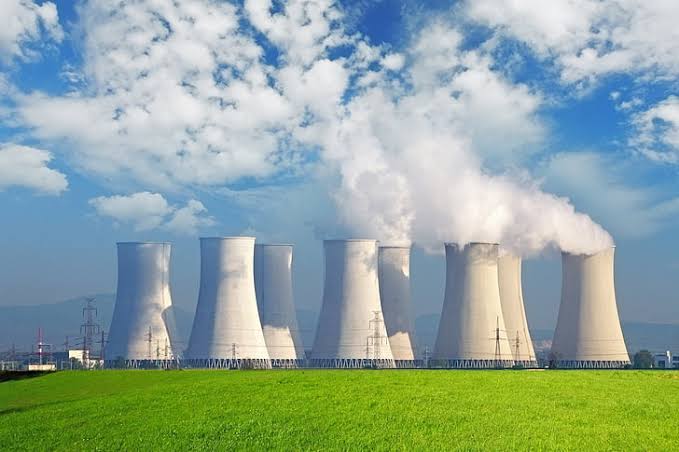New Delhi: India’s installed nuclear power capacity is poised for a significant expansion, set to triple from the current 8180 MW to 22480 MW by the fiscal year 2031-32. This announcement was made by Dr. Jitendra Singh, Union Minister of State (Independent Charge) for Science and Technology, Earth Sciences, and MoS PMO, Department of Atomic Energy, Department of Space, and MoS Personnel, Public Grievances and Pensions, in a written reply to an unstarred question in the Rajya Sabha today.
Highlighting the nation’s commitment to achieving Net Zero emissions by 2070, Dr. Singh stated, “Various studies have projected the need to have a national nuclear capacity of the order of 1 lakh MW by 2047, and the recommendations of those studies are being reviewed for possible future adoption.”
Addressing questions about the augmentation of nuclear energy capacity, Dr. Singh emphasized that there has been more than a 70 percent increase in India’s nuclear power capacity over the last decade, rising from 4780 MW in 2013-14 to 8180 MW at present. Correspondingly, annual electricity generation from nuclear power plants has increased from 34228 million units in 2013-14 to 47971 million units in 2023-24.
Currently, India’s nuclear power capacity is distributed across 24 reactors. Dr. Singh noted that 21 reactors with a total capacity of 15300 MW are at various stages of implementation by Nuclear Power Corporation of India Limited (NPCIL). Of these, nine reactors with a capacity of 7300 MW, including the Prototype Fast Breeder Reactor (PFBR) by Bharatiya Nabhikiya Vidhyut Nigam Limited (BHAVINI), are under construction. Additionally, twelve reactors with a combined capacity of 8000 MW, including two 500 MW twin units of Fast Breeder Reactors (FBR) by BHAVINI, are in the pre-project activities stage.
This strategic expansion aligns with India’s broader energy transition goals and its pursuit of sustainable and reliable energy sources. The development and implementation of these nuclear projects are expected to play a crucial role in reducing the country’s carbon footprint and meeting its growing energy demands.





